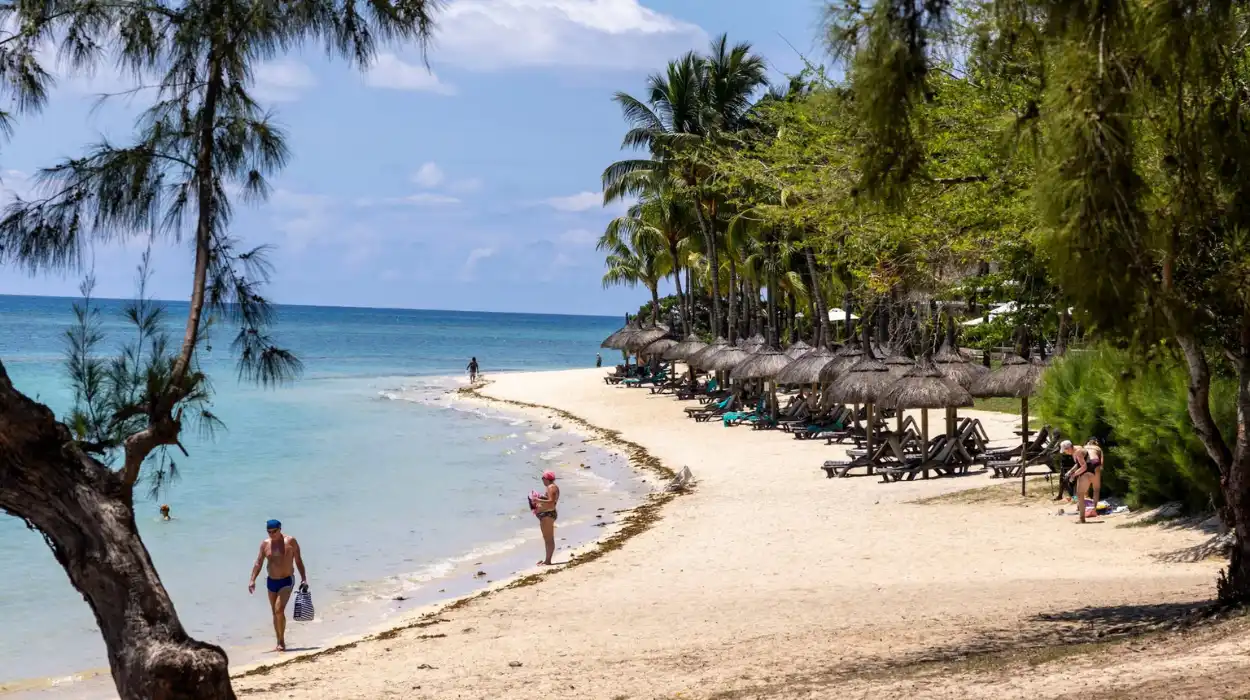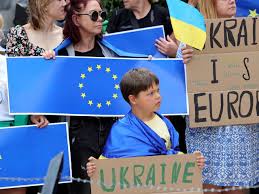
Introduction: The Significance of Liberia
Liberia, located on the West African coast, has emerged as a focal point of interest due to its ongoing recovery from civil strife and efforts towards national development. With its rich history, diverse culture, and abundant natural resources, understanding Liberia’s current events is vital not only for its citizens but also for regional and global stakeholders.
Current Events Shaping Liberia
In 2023, Liberia has seen various initiatives aimed at bolstering its economy and enhancing civic governance. The government, led by President George Weah, has launched ‘The Pro-Poor Agenda for Prosperity and Development’, a comprehensive strategy meant to uplift living standards and stimulate growth in key sectors such as agriculture, education, and infrastructure.
Moreover, a recent agreement with the International Monetary Fund (IMF) aims to address macroeconomic challenges and ensure fiscal stability. As part of the deal, Liberia is expected to implement structural reforms that will enhance transparency and accountability in public spending.
Challenges Facing Liberia
Despite these positive developments, Liberia continues to face significant challenges. The nation is grappling with high levels of unemployment, especially among its youth, who make up a large portion of the population. Additionally, the country is still reeling from the effects of the Ebola outbreak in 2014, which left lasting impacts on its healthcare system and overall public health.
Corruption remains a persistent issue, undermining trust in government institutions and hindering progress in various sectors. The international community, therefore, maintains a close watch on Liberia, urging its leaders to take concrete actions against corrupt practices.
Future Outlook for Liberia
Looking ahead, the prospects for Liberia remain cautiously optimistic. The importance of strengthening infrastructure, particularly in transportation and communication, cannot be overstated. Improved infrastructure will not only facilitate trade but also attract foreign investment, essential for stimulating economic growth.
Moreover, as Liberia prepares for the upcoming elections in 2024, there is hope for a more engaged civil society and improved electoral processes. Stable governance and increased civic participation will be vital for the country’s long-term peace and development.
Conclusion: The Road Ahead
Liberia’s journey towards stability and development is complex but fraught with opportunities. By addressing systemic challenges and harnessing its abundant resources, Liberia can pave the way for a brighter future. Continuous support from both domestic and international communities will be crucial as the nation strives to achieve sustainable growth and improve the quality of life for its citizens.
You may also like


An Overview of the Ongoing Situation in Ukraine

Russian Activity in Pokrovsk, Ukraine: Current Developments
SEARCH
LAST NEWS
- Remembering Wendy Richard: The Promise to Co-Star Natalie Cassidy
- How Did Anglian Water Achieve an ‘Essentials’ Rating for Mental Health Accessibility?
- Shai Hope Leads West Indies in T20 World Cup Clash Against South Africa
- What We Know About Weston McKennie: Future at Juventus and Past at Leeds
- What We Know About the Upcoming Live Nation Antitrust Trial